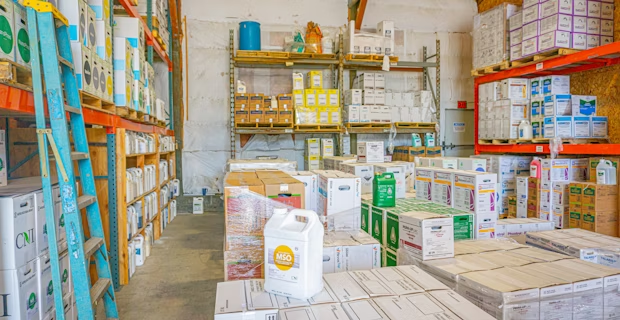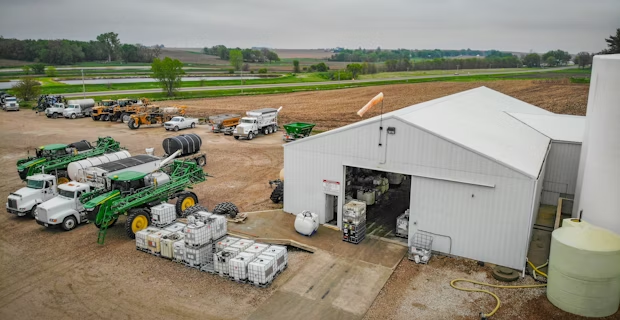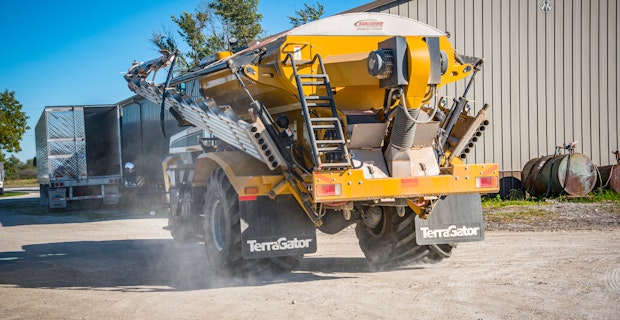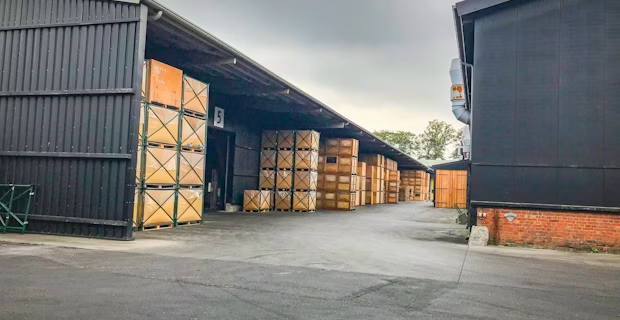With the 2021 harvest not even wrapped up yet, mounting supply chain issues have growers and their suppliers worried already for 2022. From Hurricane Ida to slowdowns in Europe and China, shipping woes and a shortage of semiconductors for every manufacturer, it seems that the only things that are lining up well so far are the Black Swan events. All these events together are causing severe shortages of many different fertilizers, herbicides such as glyphosate and glufosinate, new machinery, spare parts and many other critical inputs.
Shortages naturally cause prices to rise, but some shortages are so severe that ag retailers aren’t confident they will be able to supply their current client base, let alone focus on expanding their market footprint under current circumstances. I have spoken to a couple of ag retailers recently that all voiced these same concerns, and they share these with the other 99% of America’s ag retailers as well, but they also gave me some tips as to how they are trying to limit the impact through their use of technology - I thought it worthwhile to share these with you all

Collaborative planning
With inputs both scarce and expensive, planning is becoming more important than ever. Planning is important for growers to ensure that they can still make a profit on each acre they use these expensive inputs on, and planning is important for retailers to help place early orders with their suppliers and secure as much product as possible. I recently spoke with Bernie Blasius, agronomist with Luckey Farmers in Bradner, OH, who put it this way: “Planning is becoming ‘the big one’ this year with the way input costs are hitting growers’ bottom line.”
“It is going to be so important for growers to try and figure out what they’re going to be able to make money on, and what they can’t make any money on. For them to be able to have a spray program available before the season even starts and that they can then quickly adjust as needed when further price rises or supply constraints change the equation, that will be key.”

Many ag retailers that I speak to have identified the exact same opportunity and are utilizing technology just like Bernie is, to simplify the planning process both externally as well as with their growers. Being able to plan collaboratively, with tools such as Agworld, is key to creating mutual awareness of supply and profitability issues between grower and ag retailer. While this might not be an ideal year for expanding a store’s footprint, it’s a great year to create transparency and showcase how this is in everyone’s interest from supplier to ag retailer to grower. Even if a product is not available or commercially viable, knowing this far ahead of time will make it much easier to adjust and avoid disappointment.
Improving equipment efficiency
It’s no secret that shipping costs have gone through the roof over the past 12 months, with a shortage of truck drivers within the USA one of the contributing factors. This, in combination with a flourishing labor market, have made it harder for ag retailers to attract and retain staff for application equipment and tender trucks, which means only one thing: less staff will have to take care of the same amount of work. While not an easy feat by any means, it is possible to optimize equipment utilization and empower staff to improve the number of acres they can apply product to each day.

One of Agworld’s clients, Derek Ketelsen with FAC Cooperative in Arcadia, IA, recently told us: “Because our applicator operators and tender truck drivers have Agworld available on their iPads at all time, they know where the next job is, have got directions to the exact field available, and know exactly which products they need. This results in less mistakes throughout our workflow, and a higher equipment utilization rate through quicker fill times for our applicators and less time spent waiting at the side of a field.”
Maximizing input usage
No grower wants to waste a gallon of glyphosate or a pound of fertilizer, especially when prices are high, but these things are unfortunate realities on every farm. With the use of sophisticated digital tools however, it is possible to minimize these losses as much as possible. By analyzing geospatial layers such as planting maps and yield maps for example, intra-field differences are easy to spot, which can often lead to improved effectiveness and less waste of inputs by utilizing variable rate or other technologies.

One ag retailer that has devised a bespoke digital offering for their grower clients to help mitigate this problem, is Valley Agronomics. As Precision Ag Manager Connor Lankford recently told us in a case study on their use of digital tools: “Every digital tool or platform that we adopt needs to address a need that our grower clients have, as well serve our internal needs. The ‘Platinum Precision Subscription’ is a key piece of the digital offering for our growers, and Agworld has been an important part of the program since 2016.”
Valley Agronomics have managed to pull together a number of different technologies, all grower-focused and all centered around the principle of wanting to make their growers’ operation more profitable, and bundled them together in an attractive offering for their clients. I think that, especially when grower margins get compacted due to high input prices, those retailers that have offerings in place which assist growers with maximizing profit as much as possible, are well positioned to remain successful.
Search product labels with Agworld DBX
A reliable source of plant protection chemical label data so that you can find the information you need for managing weeds, pests and diseases in a safe and effective way. Download product labels and SDSs
Powered by Greenbook
When is a good time to implement technology?
The best time to implement digital technology is, of course, yesterday, but the second best time is today. Those ag retailers and growers that have already adopted tools such as Agworld are reaping the benefits today, and are as well-prepared as possible for more seasonal challenges. Some large ag retailers that have only started to adopt Agworld less than 12 months ago are already reporting huge efficiency gains as well, so it’s never not the right time to move an organization forward in the digital space! Interested to learn more? Let me know - I’d love to connect you with an existing Agworld client so they can tell you themselves why they use Agworld in their organization!





